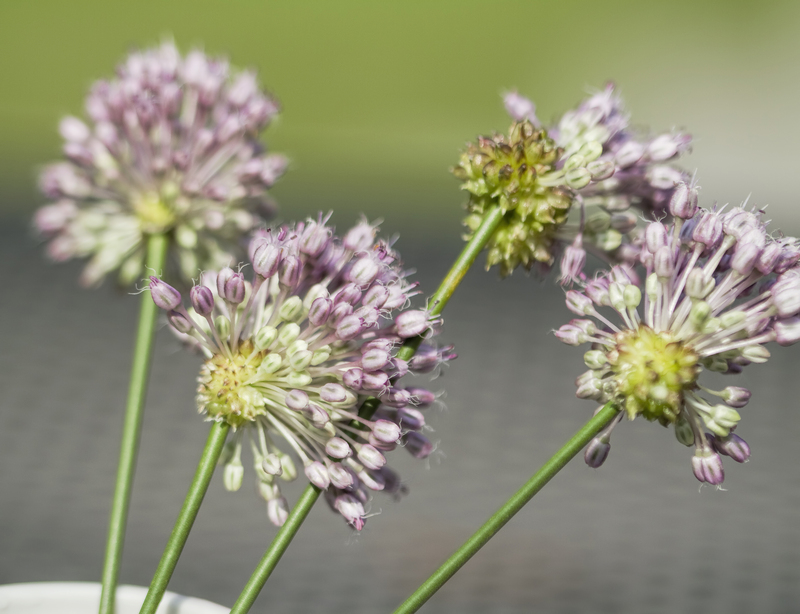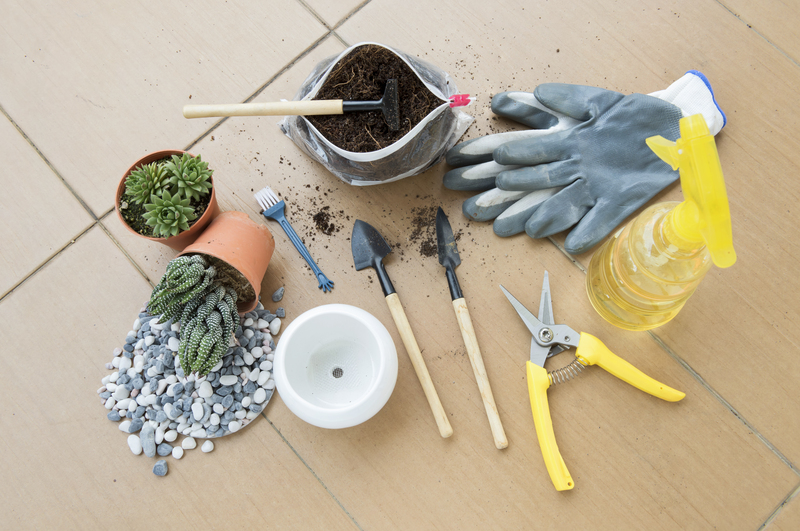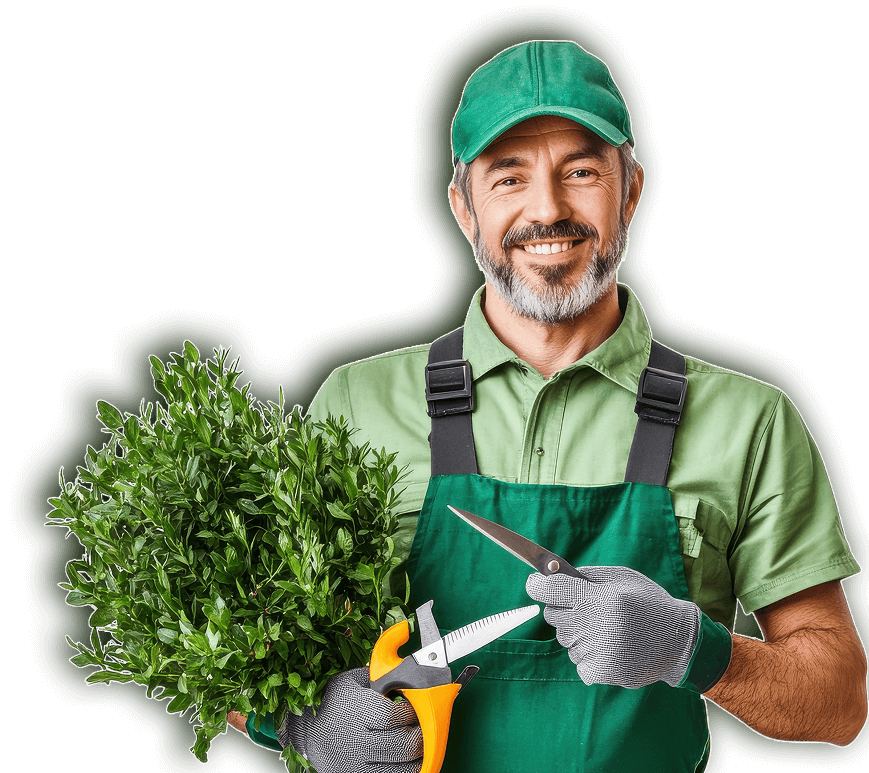Top Outdoor Tools Every Gardener Needs
Gardening is a fulfilling hobby that requires an array of tools to ensure success. Whether you're a beginner or an experienced gardener, having the right outdoor tools is crucial for maintaining a beautiful and productive garden. In this article, we'll explore the top outdoor tools every gardener needs, their pros and cons, and some essential tips for maximizing their utility.
1. Garden Trowel
A garden trowel is a small hand tool essential for planting, digging, and scooping soil. It's particularly useful for working in tight spaces.
Pros:
- Great for detailed planting tasks
- Lightweight and easy to handle
Cons:
- Not suitable for large digging jobs
- Can be less durable if made from cheap materials

2. Pruning Shears
Pruning shears or secateurs are vital for trimming and shaping plants. They help maintain plant health by removing dead or diseased branches.
Pros:
- Enhances plant growth
- Prevents spread of plant disease
Cons:
- Requires maintenance to keep blades sharp
- Can be tiring on the hands with prolonged use
3. Garden Gloves
Garden gloves protect your hands from thorns, splinters, and blisters. They are also essential for maintaining hygiene while working with soil.
Pros:
- Protects hands from injuries
- Keeps hands clean and dry
Cons:
- May reduce tactile sensitivity
- Can be uncomfortable if not well-fitted
4. Garden Hose with Adjustable Nozzle
A garden hose with an adjustable nozzle helps you efficiently water your plants. The adjustable settings make it easy to control the water pressure.
Pros:
- Flexible and versatile watering options
- Makes watering large areas easier
Cons:
- Can be heavy and cumbersome to handle
- Prone to kinks and leaks
5. Wheelbarrow
A wheelbarrow is essential for transporting soil, compost, plants, and other materials around your garden.
Pros:
- Reduces physical strain
- Easy transport of heavy and bulky items
Cons:
- Takes up storage space
- Can be difficult to maneuver on uneven ground
6. Rake
Rakes are necessary for clearing leaves, debris, and leveling soil. They come in different types, such as leaf rakes and garden rakes.
Pros:
- Efficient in cleaning up garden debris
- Helps with soil cultivation
Cons:
- Difficult to use in tight spaces
- Can cause blisters if used for long periods
7. Digging Fork
A digging fork is excellent for loosening and turning over soil, as well as for removing weeds and aerating the ground.
Pros:
- Effective for breaking up compacted soil
- Multi-purpose tool for digging and weeding
Cons:
- Heavier than other tools
- Requires practice to use effectively
Essential Tips
Investing in high-quality tools will save you money in the long run. Regular maintenance, such as cleaning and sharpening, can extend the lifespan of your tools. When choosing tools, consider ergonomic designs to reduce physical strain and improve efficiency.

Takeaways
- Having the right tools makes gardening more enjoyable and efficient.
- Quality and maintenance are crucial for tool longevity.
- Safety and comfort should always be a priority when selecting garden tools.
Conclusion
Equipping your gardening toolkit with the essential tools mentioned above will help you tackle a wide range of gardening tasks effectively. While each tool has its own set of pros and cons, knowing when and how to use them will greatly enhance your gardening experience. Be sure to take care of your tools and choose high-quality options to ensure they serve you well for years to come. Happy gardening!





